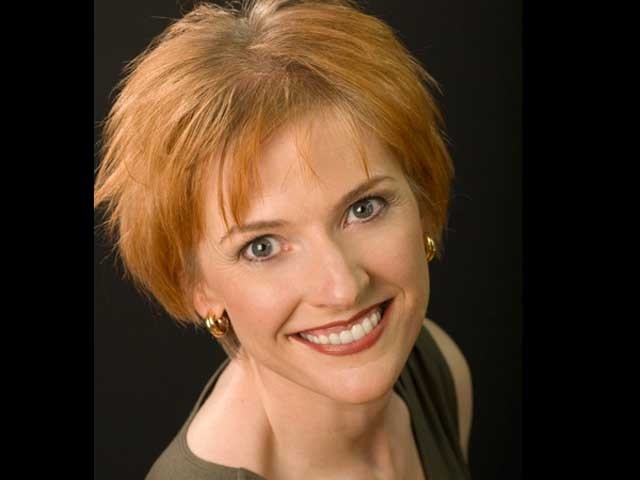While most Whistlerites are resigned to the second property tax increase in as many years, the amount of that increase is still up for debate.
Last week a blue ribbon panel of financial experts advised the RMOW to increase property taxes by 20 per cent over the next three years to cover a $5.7 million shortfall - more than previous estimates. Combined with the 5.5 per cent increase of last year, residents and businesses could see taxes increase by over 25 per cent in just four years.
The recommendations of the panel, incorporated into the 2009 Long Term Financial Plan, will be presented at a public meeting today, Thursday, March 12 from 5:30 p.m. to 7:30 p.m. at the Squamish Lil'wat Cultural Centre.
The Whistler Chamber of Commerce spoke against the tax increase in 2008, arguing taxes should be in sync with inflation.
Then, the RMOW was projecting an increase of up to 14 per cent but managed to cut it down to 5.5 per cent by cutting costs and freezing department budgets. The province further reduced its share of the tax load, and as a result residents only paid roughly 1.5 per cent more property tax than the previous year (not including the new $100 composter fee, and an $85 increase for water and sewerage fees).
Chamber president Fiona Famulak said she is urging local businesses to attend the open house and learn as much as possible before weighing in on the issue. Council will still need to approve any increase, she said, and will want as much public feedback as possible.
The chamber currently does not have an official position on the proposed tax increases, Famulak adds, but the board of directors will register its response when the issue is better understood.
"The chamber doesn't have a position because we haven't seen a plan yet, which is why we're encouraging everybody to attend the open house (today)," she said. "People need to become familiar with the plan and the assumptions underneath it, and the logic that was followed so they can understand the logic of the 20 per cent number."
Famulak sat on the blue ribbon committee, but as a person with financial expertise and not as a representative of the chamber.
Ultimately, she says, the municipality owns the plan and the committee is only there to advise on policies and procedures. "It's up to council to decide how to move forward," she said.
Pat Kelly of Whistler Real Estate says it's too early to tell whether a property tax increase would have any affect on real estate, and that property taxes are only one of many things that people consider when purchasing a house, In almost 30 years he says he has never heard of anyone making a final decision based on taxes alone.
"People will look at the overall value, and that includes the cost of operating the property which includes taxes, heat, light, maintenance, security, all of those kinds of things," he said. "If they think the cost of owning a house on a yearly basis in Whistler is extravagantly higher than other areas of similar quality, then they're going to buy in other areas."
Kelly is also a member of the chamber board, and is encouraging members to attend today's open house and future open house events on the budget, and to make their voices heard.
"It's never been an issue whether taxes were going up, it's always been an issue of how much," he said.
He says most board members recognize that municipal governments across the province are raising taxes to make up for funding cuts at the provincial and federal level, but there is also a sense that the municipality will need to recognize the situation and cut costs.
"What I'm hearing is a desire for the municipality to do something to show they understand the pain that everyone else is going through, and show that they're going to be a part of it," said Kelly. "All over the resort people are cutting staff, tightening belts and making changes, and they want to see the municipality participating in that."
The problem, Kelly says, is that people have different opinions as to what programs, services and staff should be sacrificed to balance the budget, especially in the short term with the Olympics less than a year away. He also doubts that many businesses will welcome a 20 per cent increase.
"At the end of the day, if we want to keep taxes down we'll have to give up something, and we have to decide what that is," he said.
Before the blue ribbon committee released its findings, the RMOW was looking at an increase where homeowners would pay an extra $20 in property taxes in 2009 for every $100,000 in assessed value. By way of comparison, the 2008 increase was $11 for every $100,000.
There would also be a similar increase in 2010, with roughly $21 for every $100,000 of assessed value.
Businesses pay roughly 3.5 times as much property taxes as residences, based on assessments.




